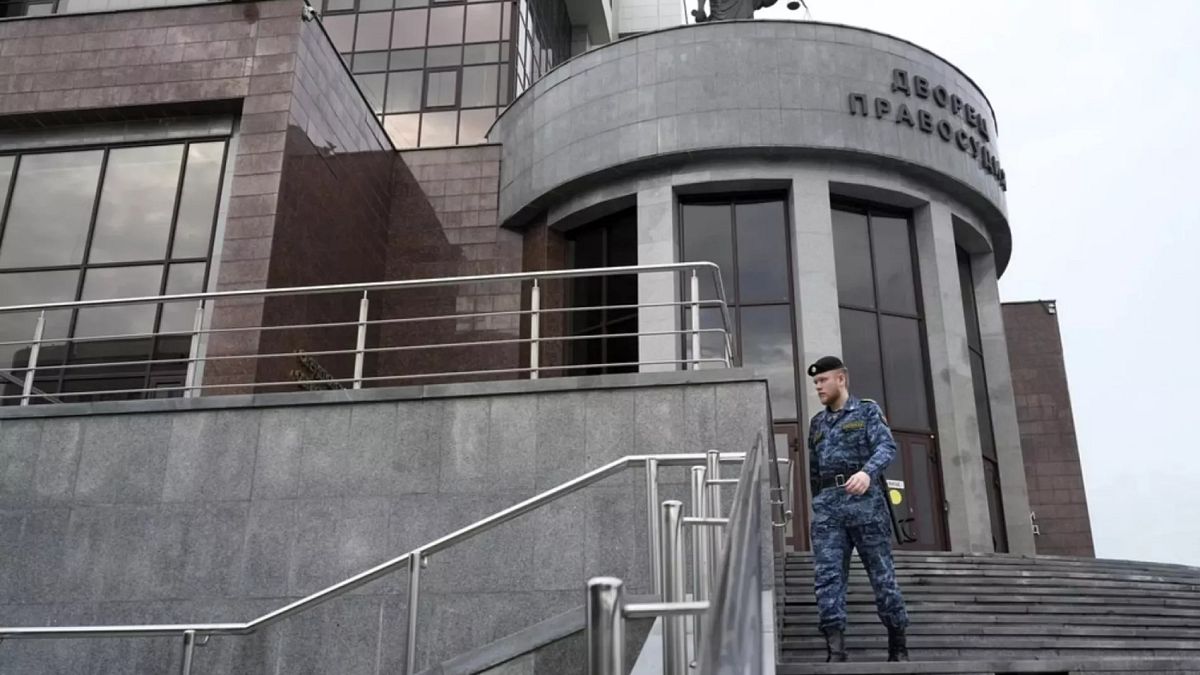

In a world navigating through complexities, recent events underscore ongoing tensions and efforts towards resolution in different regions. This article provides a calm and considerate examination of current developments, inviting readers to reflect on the interplay of conflict and cooperation across nations.
In Azerbaijan, cultural connections were abruptly severed with Russia due to a tragic incident involving the deaths of two Azerbaijani citizens in Yekaterinburg. The Azerbaijani government responded by canceling all Russian cultural events as a form of protest, calling for justice and accountability. This move highlights underlying tensions while demonstrating Azerbaijan’s commitment to safeguarding its citizens’ rights abroad. The cessation of cultural events signifies a temporary pause in exchanges, stirring discussions on diplomatic relations between the two nations.
Meanwhile, in the United States, a violent episode unfolded in Idaho, where firefighters responding to a wildfire were tragically ambushed. The assailant reportedly started the fire intentionally, leading to a devastating loss of two firefighters and leaving another seriously injured. Authorities subsequently discovered the gunman’s body, providing a resolution to the immediate threat. This incident not only emphasizes the risks faced by emergency responders but also calls for renewed conversations about community safety and support for those on the frontlines of crisis response.
Shifting focus to Eastern Europe, the conflict between Russia and Ukraine continues to escalate. A recent series of aerial strikes marked one of the largest aerial assaults by Russia on Ukraine to date, involving the launch of over 530 air assets. Among the tragic losses was a Ukrainian pilot, whose life was claimed during these hostilities. This intensification of conflict signals the ongoing challenges faced by Ukraine amidst international calls for peace and stability in the region. The community of nations watches closely, urging efforts toward de-escalation and dialogue.
In the Middle East, heightened tensions in Gaza have led to an urgent humanitarian situation, as tens of thousands of Palestinians have fled from eastern parts of Gaza City. This mass evacuation follows warnings from Israeli forces about impending military operations aimed at countering perceived threats. Israel’s continued offensive efforts have resulted in substantial casualties, prompting a call for a ceasefire during possible US-mediated talks. The unfolding situation underscores the enduring complexity of the Israeli-Palestinian conflict and the pressing need for meaningful diplomatic interventions that prioritize human safety and peace.
These events provide a reflection of the diverse and interconnected crises being faced globally. Each situation, while unique in its context and dynamics, shares common threads of human resilience, the pursuit of justice, and the aspiration for peace. Among these circumstances, there is an opportunity for nations and individuals to come together, forge pathways toward reconciliation, and support those affected by conflict. In these challenging times, the global community is reminded of the collective responsibility to foster dialogue, understanding, and compassion.
In summary, as these events continue to unfold, the importance of global awareness and international cooperation becomes ever more apparent. Through mindful engagement, there lies a potential for progress and hope in addressing these significant challenges that the world faces today.
Source: {link}
